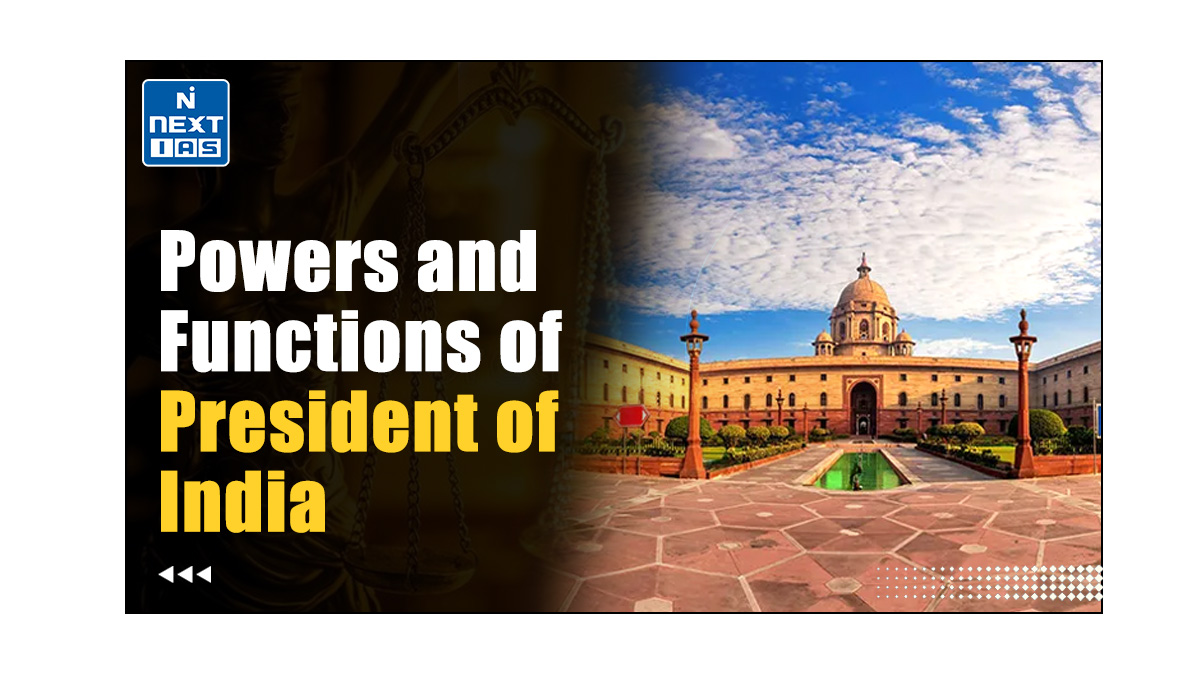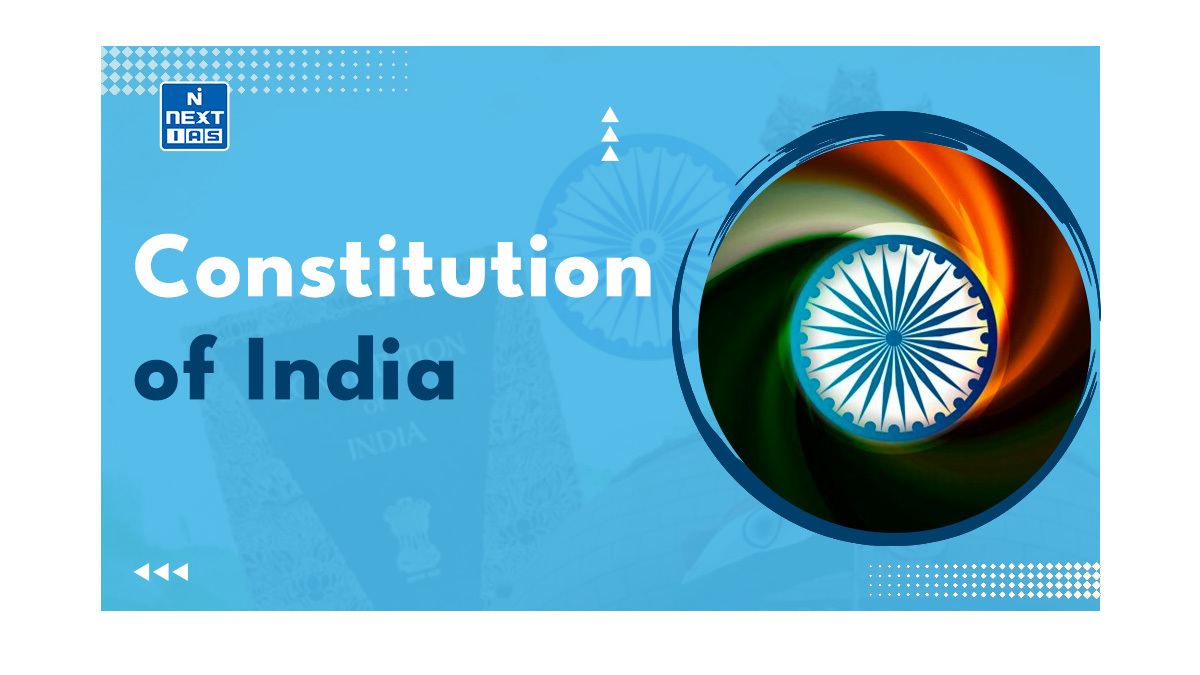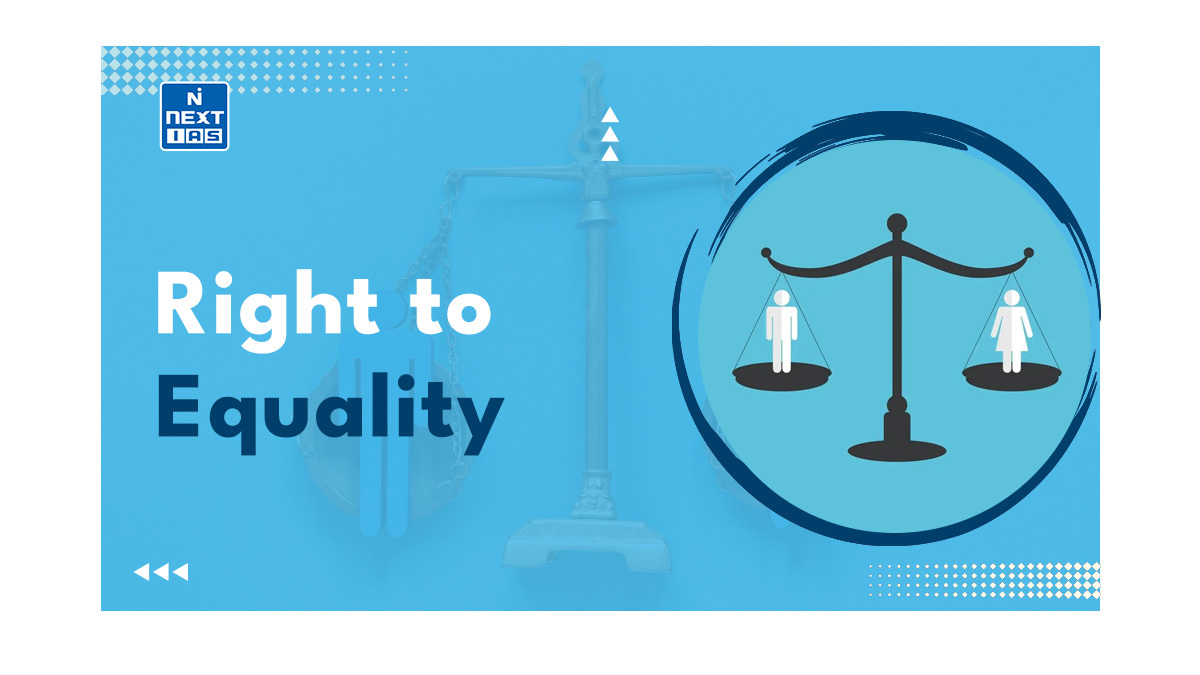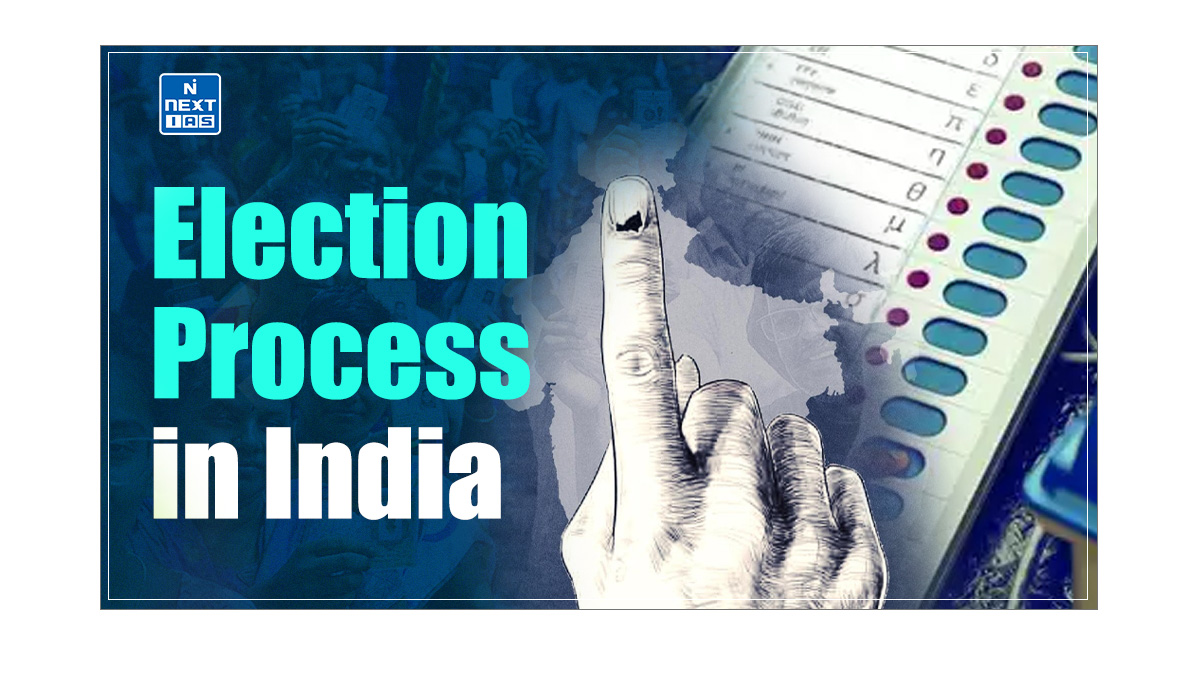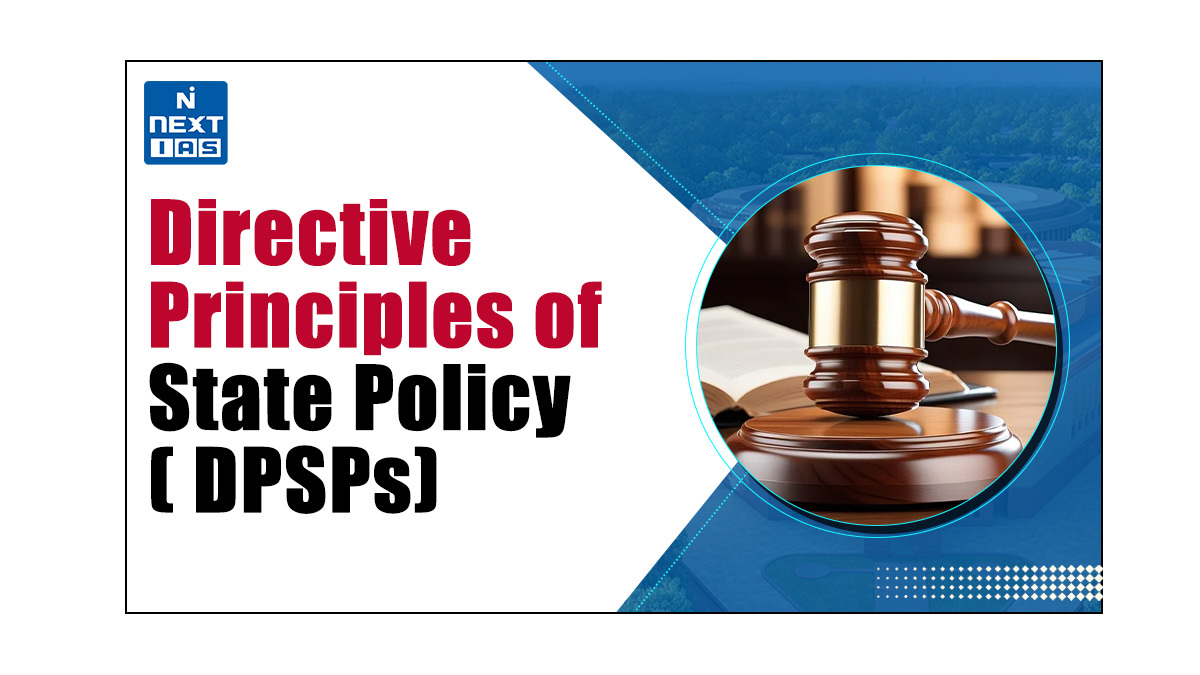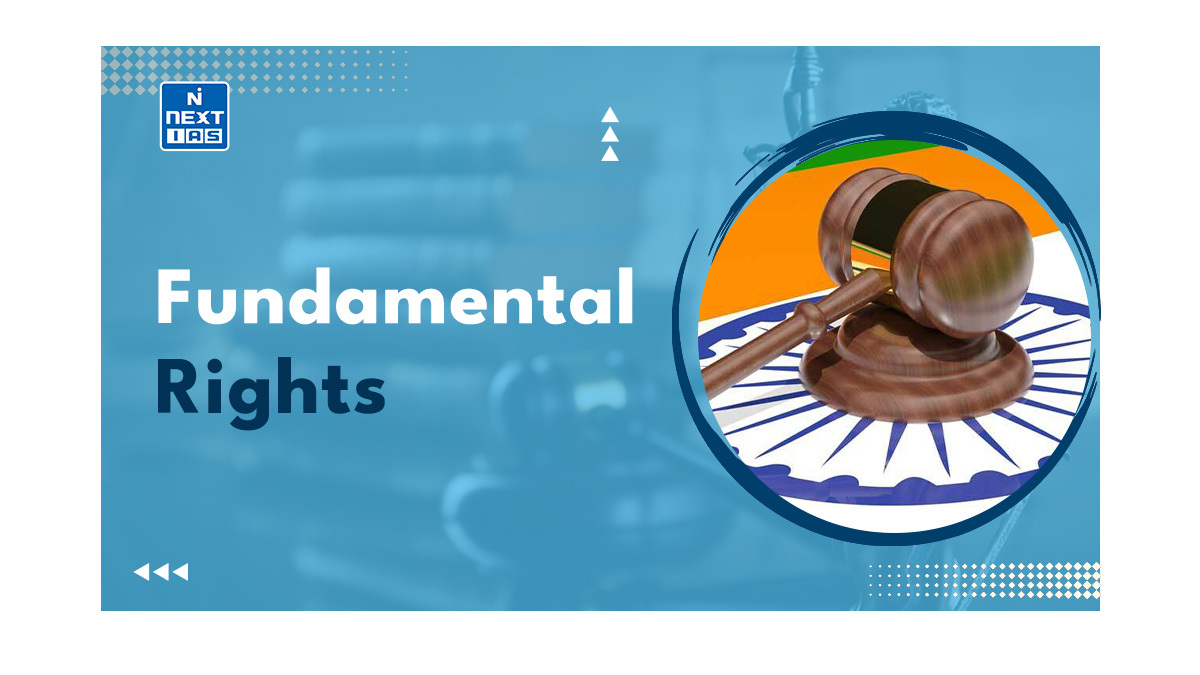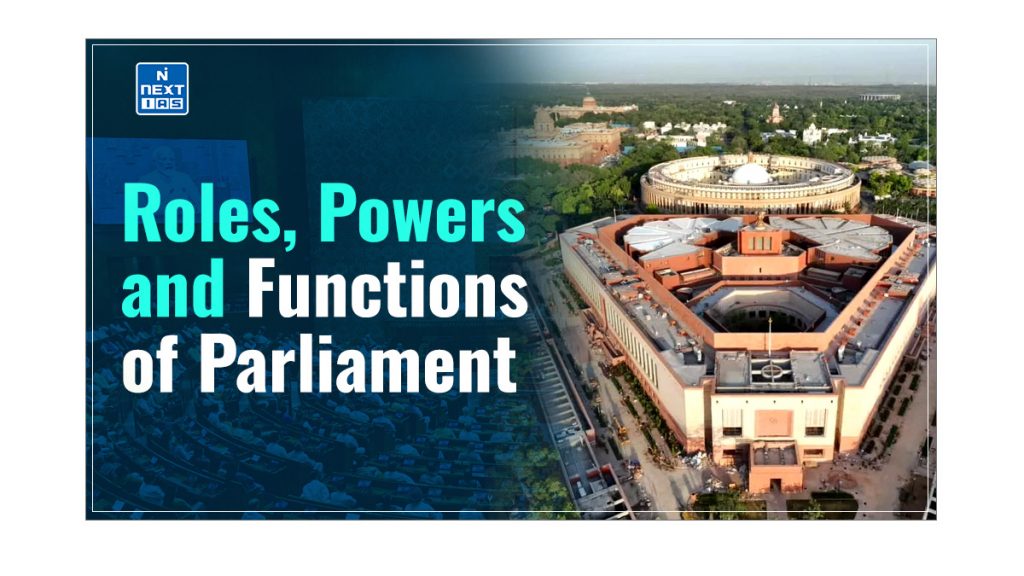
The roles, powers and functions of the Parliament of India include a vast range of areas, encompassing lawmaking, representation, and oversight of the government. Through its multifunctional roles, the Parliament of India plays a crucial role in shaping the course of the nation. This article of NEXT IAS aims to study in detail the roles, powers and functions of Parliament, their significance, challenges and the way forward.
About Parliament of India
The Parliament of India is the supreme legislative body in the country. Modeled largely on the British Westminster system, it operates as a bicameral legislature which includes two houses: the Rajya Sabha (Council of States) and the Lok Sabha (House of the People). Along with these two houses, the President of India is also an integral part of the Parliament.
Read our detailed article on the Parliament of India.
Roles, Powers and Functions of Parliament of India
As the apex legislative authority of the nation, the Parliament of India occupies a central position in the politico-administrative system of India. Accordingly, the Constitution of India provides for multifaceted roles, powers and functions of Parliament of India. The roles, powers and functions of Parliament of India can be classified uneler the following heads:
- Legislative Roles, Powers and Functions of Parliament
- Executive Roles, Powers and Functions of Parliament
- Financial Roles, Powers and Functions of Parliament
- Constituent Roles, Powers and Functions of Parliament
- Judicial Roles, Powers and Functions of Parliament
- Electoral Roles, Powers and Functions of Parliament
- Other Roles, Powers and Functions of Parliament
Each of these roles, powers and functions of Parliament of India have been discussed in detail in the sections that follow.
Legislative Roles, Powers and Functions of Parliament
The primary function of Parliament is to make laws for the governance of the country. The legislative roles, powers and functions of Parliament of India can be seen as follows:
- The Parliament has exclusive power to make laws on the subjects enumerated in the Union List and on the Residuary Subjects (subjects that are not enumerated in any of the three lists).
- With regard to the Concurrent List, the Indian Parliament has overriding powers of making laws.
- Thus, w.r.t. subjects enumerated in the Concurrent List, the laws of Parliament prevails over the law of the State Legislature in case of a conflict between the two.
- The Indian Constitution also empowers the Parliament to make laws on the subjects enumerated in the State List under the following five abnormal circumstances:
- When Rajya Sabha passes a resolution to that effect.
- When a proclamation of National Emergency is in operation.
- When two or more States make a joint request to the Parliament.
- When necessary to give effect to international agreements, treaties and conventions.
- When the President’s Rule is in operation in the State.
- All the ordinances issued by the President during the recess of the Parliament must be approved by the Parliament within six weeks after its reassembly.
- An ordinance becomes inoperative if it is not approved by the Parliament within that period.
- The Parliament examines the rules and regulations made by the Executive as part of Delegated Legislations.
- The Parliament makes laws in a skeleton form and authorises the Executive to make detailed rules and regulations within the framework of the parent law. This is known as Delegated Legislation or Executive Legislation or Subordinate Legislation.
- Such rules and regulations are placed before the Parliament for its examination.
Executive Roles, Powers and Functions of Parliament
The executive roles, powers and functions of Parliament of India are as follows:
- As per the mandate under the Parliamentary Form of Government, the Parliament exercises control over Executive through its various devices.
- Various devices used by the Parliament to exercise its control over the Executive are:
- Question Hour,
- Zero Hour,
- Half-an-hour Discussions,
- Short Duration Discussions,
- Calling Attention Motions,
- Adjournment Motions,
- No-Confidence Motion,
- Censure Motion, and
- Other discussions.
- Various devices used by the Parliament to exercise its control over the Executive are:
- The Parliament also supervises the activities of the Executive with the help of its various Committees such as the Committee on Government Assurances, Committee on Subordinate Legislation, Committee on Petitions, etc.
- The Council of Ministers (CoM) are collectively responsible to the Parliament in general and to the Lok Sabha in particular.
- Thus, the Council of Ministers (CoM) continues in office so long as it enjoys the confidence of the majority members in the Lok Sabha.
- It can be removed from office by the Lok Sabha by passing a No-Confidence motion.
- The Lok Sabha can also express a lack of confidence in the government in the following ways:
- By not passing a Motion of Thanks on the inaugural address of the President.
- By rejecting a Money Bill.
- By passing a Censure Motion or an Adjournment Motion.
- By defeating the government on a vital issue.
- By passing a Cut Motion.
Financial Roles, Powers and Functions of Parliament
The financial roles, powers and functions of Parliament of India are as follows:
- No tax can be levied or collected and no expenditure can be incurred by the Executive except under the authority and with the approval of Parliament.
- It approves and passes the Union Budget which legalises the receipts and expenditures of the Union Government for the ensuing financial year.
- The Parliament scrutinises government spending and financial performance with the help of its financial committees, including the Public Accounts Committee (PAC), Estimates Committee (EC), and Committee on Public Undertakings (CoPU).
- These Committees bring out the cases of legal, irregular, unauthorised, improper usage and wastage and extravagance in public expenditure.
Based on the above financial roles, powers and functions of Parliament, it can be said that the Parliamentary control over the Executive in financial matters operates in 2 stages:
- Budgetary Control: It involves parliamentary control before the appropriation of grants through the enactment of the budget;
- Post Budgetary Control: It involves parliamentary control after the appropriation of grants through financial scrutiny by the three financial committees.
| ‘Rule of Lapse’ and ‘March Rush’ – Rule of Lapse: The budget is based on the Principle of Annuity, meaning that the Parliament grants money to the government for one financial year. Accordingly, if the granted money is not spent by the end of the financial year, then the balance expires and returns to the Consolidated Fund of India. This practice is known as the ‘Rule of Lapse’. a. The Rule of Lapse facilitates effective financial control by the Parliament as no reserve funds can be built without its authorisation. – March Rush: The stipulation of the Rule of Lapse, usually, means that the government resorts to a heavy rush of expenditure towards the close of the financial year. This is popularly called as ‘March Rush’. |
Constituent Roles, Powers and Functions of Parliament
The constituent roles, powers and functions of Parliament of India are as follows:
- The Indian Parliament is vested with the power to amend the Constitution by way of addition, variation or repeal of any provision, subject to the condition of the Doctrine of Basic Structure.
- The power to initiate the process of amending the Indian Constitution lies exclusively with the Parliament, except the case of Creation of Abolition of a Legislative Council.
- The concerned State Legislature can pass a resolution requesting the Parliament to create or abolish the Legislative Council in its state.
Judicial Roles, Powers and Functions of Parliament
The judicial roles, powers and functions of Parliament of India are as follows:
- The Parliament can impeach the President for the violation of the Constitution.
- The Parliament can remove the Vice-President from his/her office.
- The Parliament can recommend to the President of India the removal of the following officials:
- Judges of the Supreme Court and the High Courts (including the Chief Justice),
- Chief Election Commissioner (CEC),
- State Election Commissioners (SECs),
- Comptroller and Auditor General (CAG).
- The Parliament can punish its members or outsiders for its contempt or breach of its privileges.
Electoral Roles, Powers and Functions of Parliament
The electoral roles, power and functions of Parliament of India are as follows:
- The Parliament participates in the election of the President of India.
- It elects the Vice-President of India.
- The Lok Sabha elects its Speaker and Deputy Speaker, while the Rajya Sabha elects its Deputy Chairman.
- The Parliament is authorised to make laws to regulate the elections to the offices of President and Vice-President, to both the Houses of Parliament and to both the Houses of the State Legislature.
- Accordingly, the Parliament has enacted the following legislations:
- The Presidential and Vice-Presidential Elections Act (1952),
- The Representation of the People Act (1950),
- The Representation of the People Act (1951), etc.
- Accordingly, the Parliament has enacted the following legislations:
Other Roles, Powers and Functions of Parliament
The various other roles, powers and functions of Parliament of India can be seen as follows:
- It serves as the highest deliberative body in the country.
- In this role, it discusses various issues of national and international significance.
- It approves all three types of Emergencies proclaimed by the President – National Emergency, State Emergency, and Financial Emergency.
- It can create or abolish the State Legislative Councils on the recommendation of the concerned State Legislative Assemblies.
- It can increase or decrease the area, alter the boundaries and change the names of States of the Indian Union.
- It can regulate the organisation and jurisdiction of the Supreme Court and High Courts.
- It can establish a common High Court for two or more States.
Parliamentary Control over Executive
The Constitution of India provides for Parliamentary form of government, wherein Executive is responsible to Legislature. Accordingly, one of the primary functions of Legislature is to exercise its control over Executive.
The same can be seen through some of the roles, powers and functions of Parliment as listed below:
- Holding the Government Accountable: One of the primary tools for parliamentary control over the executive is the questioning of government ministers through its devices such as Question Hour, Zero Hour, etc.
- Scrutinizing the Government’s Works: The Parliament scrutinizies the works and policies of the Government through debates as well as its committees.
- For example, Standing Committees and Select Committees examine in detail the proposed legislations, government expenditures, and performance of specific departments.
- Exercising Financial Control: The Parliament exercises financial control over the Executive through enactment of Budget as well as its financial committees.
- Conducting Inquiries: The Parliament may set up special committees to conduct hearings and inquiries into specific government activities.
- These committees have the power to summon witnesses, including government officials, and demand documents.
- Ensuring Collective Responsibility: Under the Parliamentary form of government, the Council of Ministers (CoM) are collectively responsible to the Parliament in general and to the Lok Sabha in particular.
- Thus, the Council of Ministers (CoM) continues in office so long as it enjoys the confidence of the majority members in the Lok Sabha.
Factors Hampering Effectiveness of Parliamentary Control
By holding the Executive branch of the government accountable in various spheres of its works, the Parliamentary Control over Executive acts as a cornerstone of democratic governance. However, in recent years, Parliamentary control over Executive seems to becoming ineffective. Several factors responsible for the same are discussed below:
- The Parliament has neither time nor expertise to control the administration which has grown in volume as well as complexity.
- The financial control of Parliament is hindered by the technical nature of the demands for grants.
- The Parliamentarians being laymen cannot understand them properly and fully.
- The legislative leadership lies with the Executive and it plays a significant role in formulating policies.
- The very size of the Parliament is too large and unmanageable to be effective.
- The majority support enjoyed by the Executive in the Parliament reduces the possibility of effective criticism.
- The financial committees like the Public Accounts Committee examine the Public Expenditure after it has been incurred by the Executive.
- Thus, they do only post-mortem work.
- The increased recourse to ‘guillotine’ reduced the scope of financial control.
- The growth of ‘Delegated Legislation’ has reduced the role of Parliament in making detailed laws and has increased the powers of bureaucracy.
- The frequent promulgation of ordinances by the President dilutes the Parliament’s power of legislation.
- The Parliament’s control is sporadic, general and mostly political in nature.
- The lack of strong and steady opposition in the Parliament, and a setback in parliamentary behaviour and ethics, have also contributed to the ineffectiveness of legislative control over administration in India.
Suggested Ways to Enhance Effectiveness of Parliamentary Control
Here are some suggestions to potentially increase the effectiveness of parliamentary control over the executive:
- Empowering Parliamentary Committees: Following steps can be taken to empower Parliamentary Committees in order to enhance their oversight role
- Granting them more power to conduct in-depth investigations.
- Independent experts could be involved in the committees to provide objective analysis of complex policy issues, and aid in informed decisions.
- Allocating dedicated time in the parliamentary schedule for detailed committee work and discussisons on reports.
- Enhancing Parliamentary Independence: The following steps can help enhance independence of the Parliament and hence effectiveness of its control over the Executive.
- The present form of overly restrictive Anti-Defection Law tend to discourage MPs from voting based on their conscience on crucial issues. Amending its provisions suitably could allow for more freedom in voting on no-confidence motions or bills related to national interest.
- A less rigid whip system, where party leaders allow some degree of free voting on specific issues, could encourage more independent thought and debate among MPs.
- Promoting Public Engagement: Promoting public engagement in the Parliamentary affairs could help the Parliament get more eyes to scruitinize the government’s actions. The following steps can be taken in this regard:
- Live Telecast of parliamentary sessions can hold the government more accountable to a wider audience.
- Creating avenues such as online forums or public hearings can allow the public to voice concerns and influence policy discussions.
- Capacity Building: The following steps could be taken to enhance the capacity and hence effectiveness of the Parliament.
- Investing in resources and training to equip MPs with the knowledge and skills necessary to analyze complex policies and effectively hold the government accountable.
- Enhancing the role of the opposition by providing them with adequate resources and opportunities to effectively challenge the government’s agenda.
- Technological Advancements: Using the power of technologies can help, such as
- Using e-Parliament Systems for online document sharing, committee work management can improve efficiency and transparency.
Conclusion
These multifunctional roles, powers and functions of Parliament of India underscore its pivotal position in the country’s democratic framework. The challenges faced by Parliament in fulfilling its responsibilities should be resolved through the steps as suggested above. This will enable the Parliament play its role more effectively and hence and pave the way for a more just and equitable society.
GS - 2